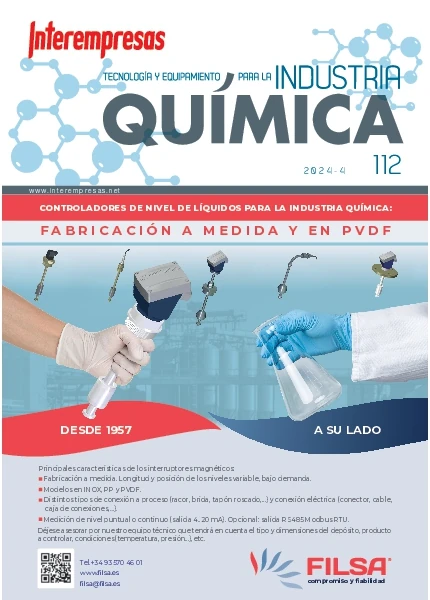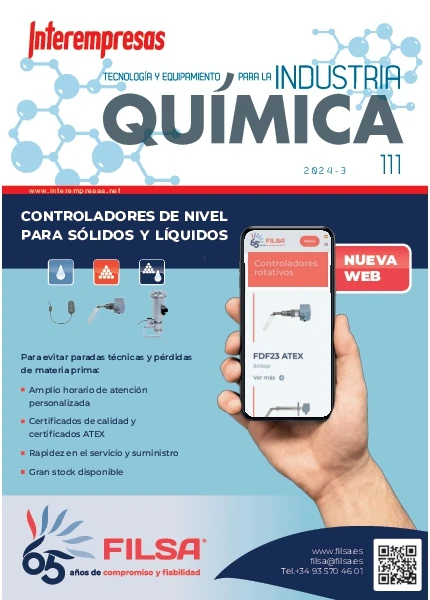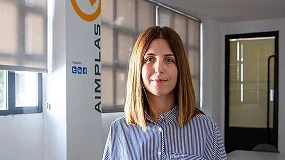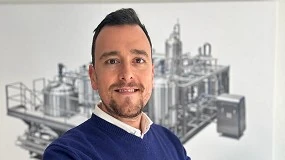First steps to achieve a biodiésel better and cheaper
The
Save some relation the wine and the biodiésel? The answer is that yes, although it seem amazing. The acetales are compound chemists that find in a lot of wines, as, for example, in the port wine, to the cual contributes him a special and sweet smell. Nevertheless, if the acetales mix with the biodiésel, improve the properties of east. The group of investigation Supren of the Department of Chemical Engineering and Environingingment of the School of Upper Technical Engineering of Bilbao (UPV/EHU) works in a project that treats to promote the use of this little common fuel. The question is to produce acetales of way easier and cheap. The starting point are the alcohol obtained of the rich plants in sugars, or the glicerina, a by-product of the biodiésel, that also is a type of alcohol. The purpose is to find an industrial process to achieve the supplements that will improve the biodiésel that later will put in our vehicles.
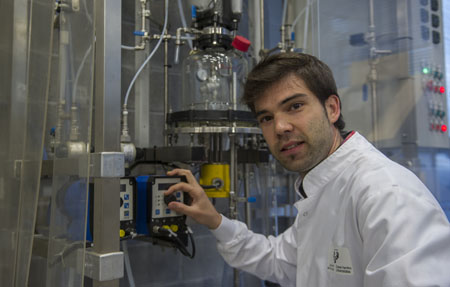
If we compare the derivative diesel of the oil with the derivative of the plants, the biodiésel possesses better properties of untuosidad and biodegradation; but, instead, it results worse from the point of view of the oxidation, of the energetic potential and of the pollution. The group Supren (Sustainable Process Engineering Group; Group of Engineering of Sustainable Processes in Spanish) of the Department of Chemical Engineering and Environingingment of the School of Engineering of Bilbao (UPV/EHU) is analysing the supplements that would improve said disadvantages. They have deepened especially regarding the production of acetales.
From the point of view of the chemicals, the acetales obtain by reaction of an alcohol and an aldehyde. They generate of natural way in the processes of fermentation. For example, in a lot of wines like the port wine, the acetales are indicators of quality, because of the so special smell and sweet that contribute him to the wine. When pouring the liquid from the glasses to the deposit of fuel, the acetales improve the properties of the biodiésel when mixing with east: the combustion is more effective, and, besides, contaminates less, because it increases the performance of the engine. It has particular importance to achieve a method to obtain acetales of an easy and cheap way, since a litre of biodiésel can contain, roughly, a 15 % of acetales.
From the laboratory to the industry
One of the conclusions of the investigation has been that the acetales based in the glicerina trasmiten better properties to the biodiésel, in comparison with the alcohols derived of the rich plants in sugars, as for example, the ethanol or the butanol. Besides, they have investigated which would be the most adapted process to produce acetales from the point of view of the performance. And it is that the level of conversion of the reaction oscillates between a 50 % and a 60 %, that is to say, only converts this quantity of alcohol in acetal. The aim, so that the process was valid industrialmente, would be to arrive to the 100 % of the performance or conversion, and the last experiments have showed that it is possible. Using a resin like solid catalyst, instead of the sulphurous acid, and the glicerina and the butiraldehído or the acetaldehído like starting point, have obtained some performances of the 100 %.
Have employed technical of laboratory to achieve these results, some technicians still no very developed to industrial level; but it seems feasible the production of acetales derived of the glicerina by means of conventional technicians. By means of these investigations, has been possible to have a thorough knowledge the reactions to obtain acetales, making possible the design of a process to industrial level and advancing the details of the costs that would suppose the production of the acetales.

